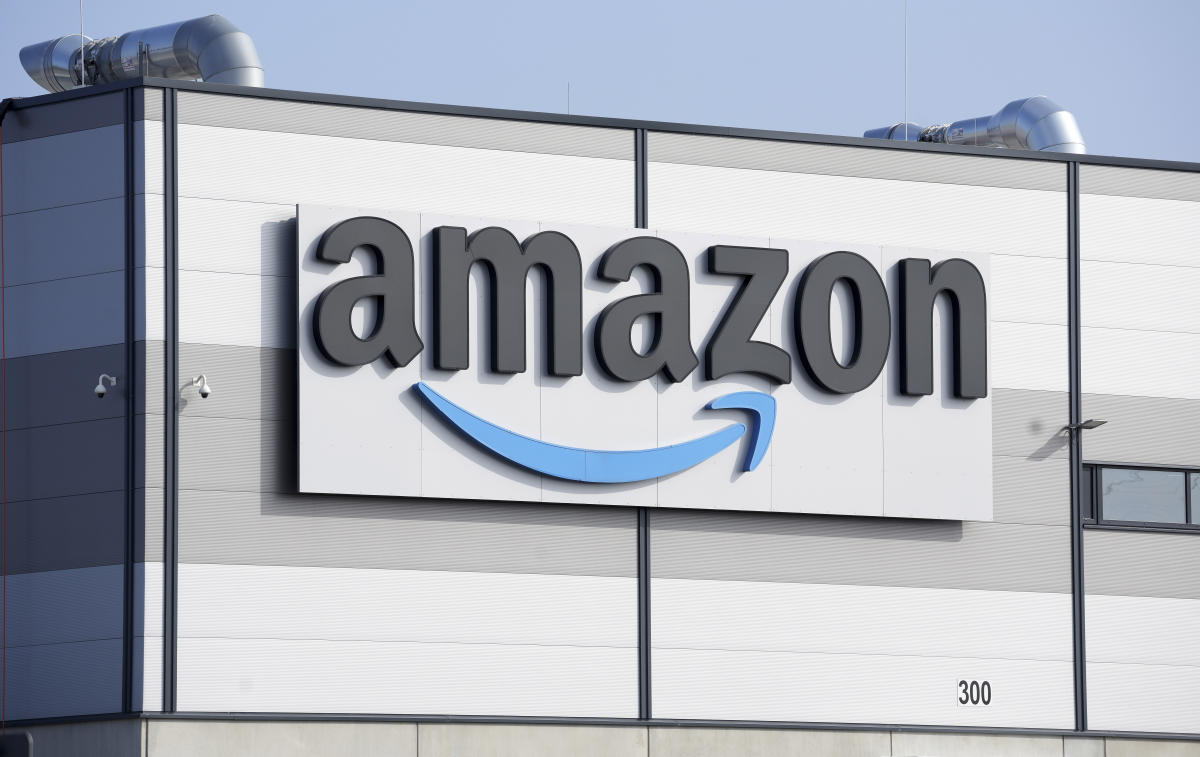Here's my take on this as I skimmed the article some more. Granted this comes from my company being large where we got a team of dedicated ecom account managers, analysts and marketing managers. So compared to a small business, we got resources, scale and money to do stuff.
Regardless, here's my take from what I've seen from dealing with Amazon:
- In our pecking order of which retailers are costly to serve and which are dirt cheap, Amazon is somewhere in the middle
- The price Amazon charges is based on account manager reco's which will work and satisfy Amazon as long as the margins are good
- Amazon will scrape other retailer sites and price match for consumers the lowest price it finds. This goes for products they believe are worth matching
- Amazon will not counter charge a supplier for reducing the price to match another place. They will eat it. But they will notice their avg margin sinking if they are price matching all the time and come back for concessions
- Overall, Amazon works for companies that sell well. The better your shit sells, the higher the product ranking. In order to get their ordering system ordering, you got to get sales. Then their algorithm of re-orders kicks in. That's why to get the algorithm going the ecom dept will order product! If a product doesn't sell, it'll eventually get delisted as nobody buys it and no orders kick in
The commission argues that although Amazon's comparatively competitive prices benefit consumers, writ large, its seller policies harm small business owners by favoring businesses that hire Amazon's in-house services including advertising and sellers fees. In turn, the FTC's theory goes, that harms consumers by forcing them to pay higher prices.
No shit FTC. Has anyone in gov ever worked at retailers/suppliers? Guess not. Any time a supplier uses a retailer's in house marketing programs, pts programs, credit card bonus pt programs, website banner ads, giant quarter page spotlights in a paper flyer etc.... of course the retailer favours you. You paid some money for a service and got the perk. In fact, I'd say prices go down for consumers because at worst the product is shown as regular price. But often it's promoted at a sale price. It doesn't matter if it's a big company or small company. Pay for the service and get a perk. If you dont pay, you get nothing.
Just flip through some online or paper weekly flyers. Anytime there's some splashy full page ad with cool graphics and layout for a smattering of products, it'll likely be a special fee initiative. Youve seen it. Coke or Pepsi will do it. P&G will. Nestle will. Half the time the products are probably on sale. That type of stuff is usually reserved for the big companies with money to spend with large product lines. That stuff isn't meant for Cathy's Cupcakes a local supplier with no money and doesn't even have manufacturing capacity to stock 1000 stores even if the retailer gave Cathy a full page ad for free. Large corporations have the factory capacity. But if Cathy thinks she can pull it off, that's fine. Buyers at retailer HQ are always looking for money. Just got to fork over a $100,000 fee, send them some fancy photoshop logo and banner assets so their team can make it look nice and commit to supply all stores.

 finance.yahoo.com
finance.yahoo.com
